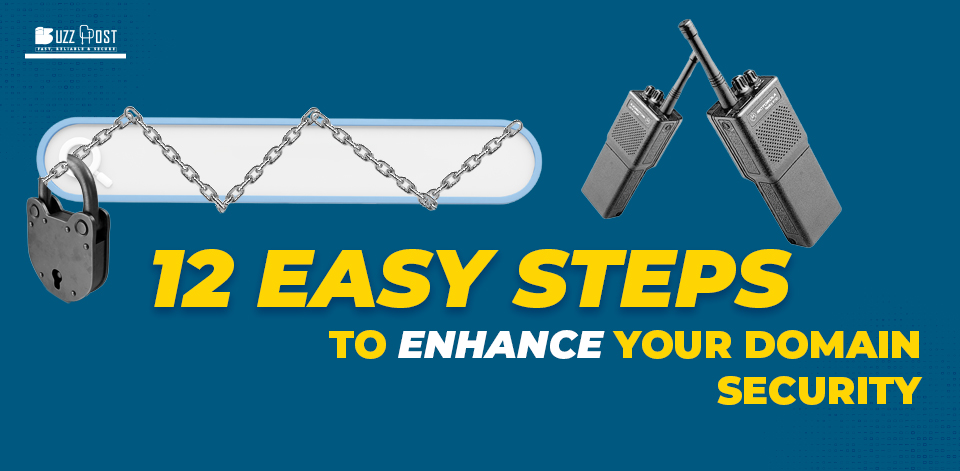Shared hosting vs. Dedicated hosting? Detailed Comparison
- By Admin --
- Oct 07,2021 --
- 3106 Views ,
- 587 Comments
Hosting a website or software does not only require planning related to the content and the layout, but it also demands decisions regarding the technical side. One such decision would be the choice of hosting.
Multiple factors should become part of your decision-making process before you reach a final decision. To make your decision a bit easier, this article compares shared hosting and dedicated hosting in detail.
Both these hosting types are the extreme options of the hosting spectrum. So, you can have a complete overview of the possibilities you have.
What is shared hosting?
Shared hosting is the type of web hosting where a single server is dedicated to multiple users. There can be multiple websites on a particular server. It brings certain advantages and disadvantages along, which we will discuss in the upcoming section.
What is dedicated hosting?
The dedicated hosting - as the name suggests - is the hosing type where you have the entire server. You can manage it according to your needs and can potentially increase the website’s performance.
With these definitions, dedicated hosting seems to be the option providing you with the best results, right? But it comes with a high cost too. This is why you have to compare features of both the hosting types to reach a decision.
Comparison of shared hosting and dedicated hosting:
Both the hosting types are analyzed considering the major factors you would like to know about:
Customizability:
If you are looking for specific server settings, buying a dedicated server would be the right option as it offers you maximum customizability. You can implement all the changes you want with great ease.
However, this feature is not part of the shared hosting plan. Any changes applied to the server will impact thousands of websites, so a single user cannot be given the right to alter the main settings.
Security:
Another important factor you should consider before your purchase is security. While hosting your website on shared hosting, you are accepting higher risks. Due to the multiple users on a server, the opportunities of a security breach increases, resulting in potential risks.
In the case of dedicated servers, the security risks occurring because of multiple breach opportunities are minimized. However, you must choose dedicated servers from a reputable company to enjoy full security.
Reliability:
The uptime of the hosting you choose is integral for keeping your website live. In the shared hosting, you will have to compromise on the uptime. Besides, faulty coding, problems in the website, or high traffic at some of the websites can impact your website’s performance.
Unlike shared hosting, in the dedicated servers, the chances of potential shutdowns are limited, thus providing you an opportunity to keep your website up and running every time.
Scalability:
Once your traffic grows, you’ll need more resourcing, including the bandwidth. In shared hosting, getting more resources becomes difficult because of multiple users involved. However, in dedicated hosting, it is not a problem as you have all the resources available.
Technicalities:
Setting up a shared hosting is a matter of a few clicks. But you might need an expert team to set up your dedicated server properly.
Cost:
The powerful features of dedicated hosting come with a cost. You should expect to spend $350 a month, whereas you can get the shared hosting plans in a dollar only.
Summing up:
Now, when you know the major features of shared hosting and dedicated hosting, you can easily evaluate your needs and choose a particular one to get the maximum value.









Comment